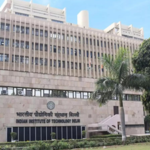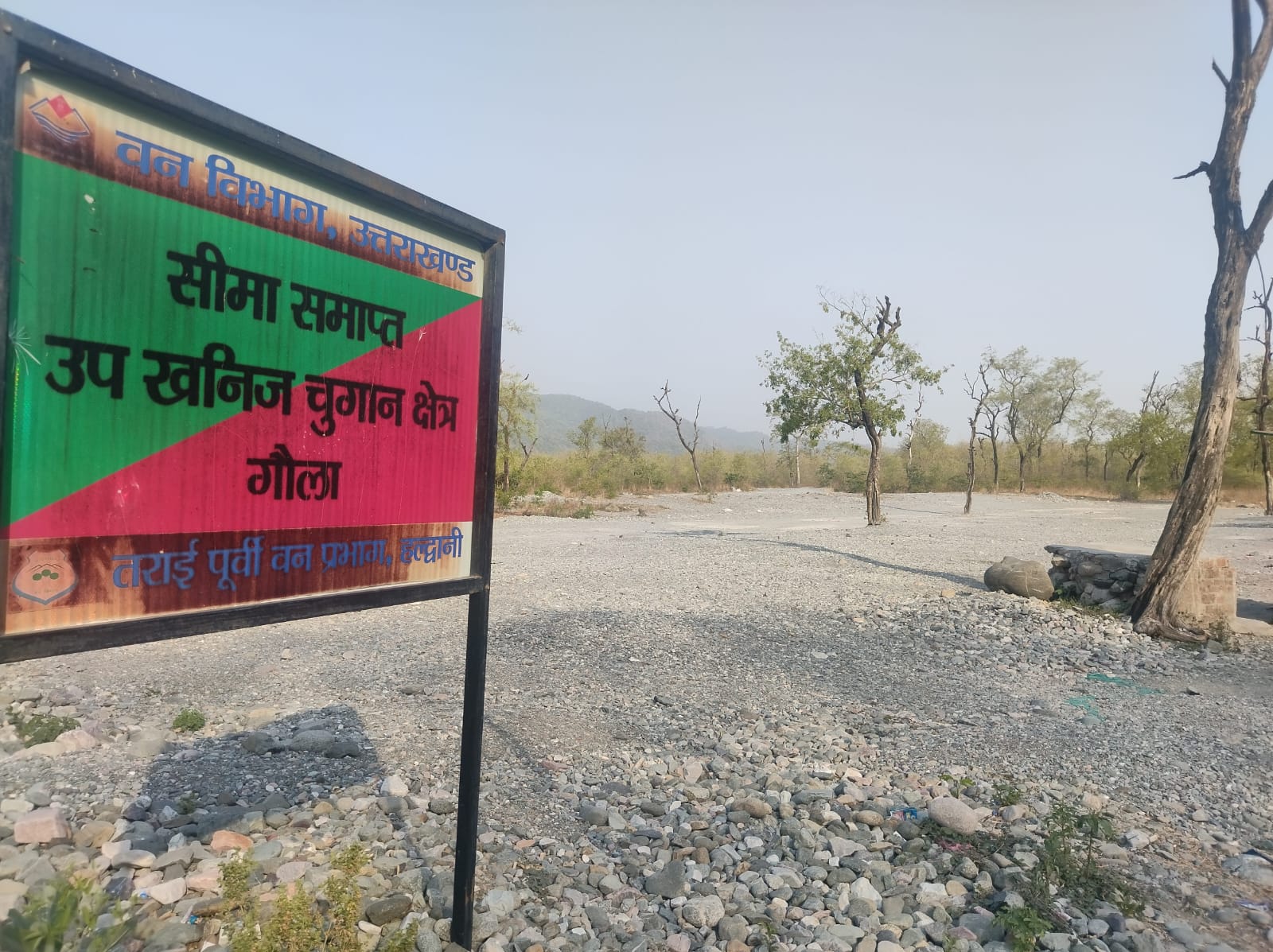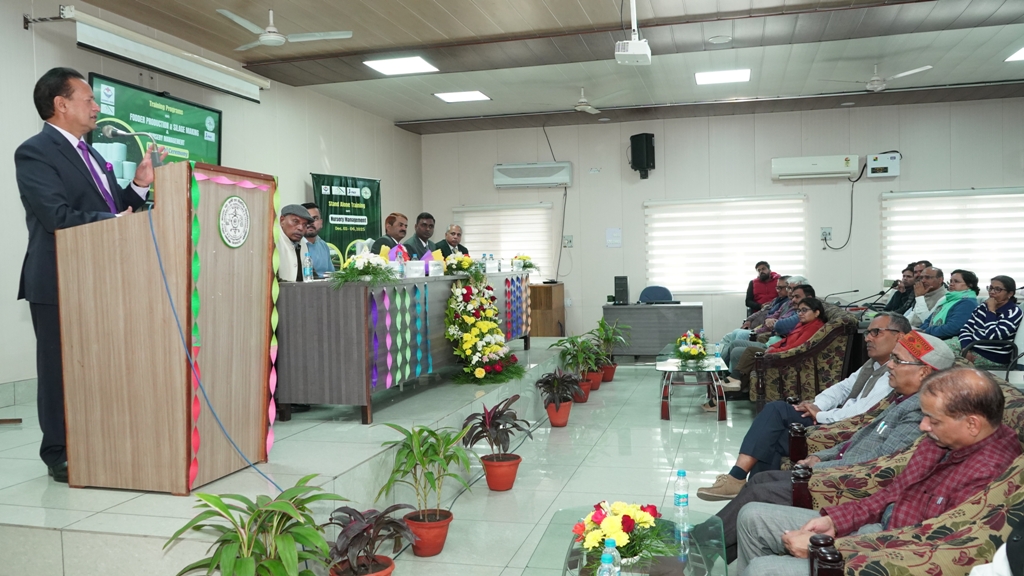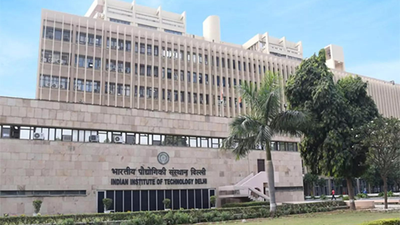
Himalaya Harbinger, National Bureau.
In an unprecedented move, the Uttarakhand government has outsourced crucial state functions, such as tax collection and policing related to riverbed mining, to private companies. This decision, ostensibly to prevent disasters, has raised significant concerns about potential conflicts of interest and environmental degradation.



An investigation reveals that the Uttarakhand government has delegated its authority to collect royalties and other taxes from riverbed miners to private entities. These private firms are also tasked with policing illegal mining activities. Notably, any company winning the rights to collect taxes from riverbed mining operations is given priority for mining the rivers, potentially allowing them to monitor their competitors while engaging in mining activities themselves.

The investigation uncovered continuous violations of a Supreme Court mandate requiring the state to use proceeds from riverbed mining to fund forest conservation efforts. Documentary evidence indicates that the state has not complied with this directive. Despite being aware of these violations, the Union government has not exercised its legal powers to intervene.

The state government’s regulatory adjustments have seemingly created a legal framework favoring mining activities over environmental protection. The state has justified these actions by claiming that river mining is necessary to prevent disasters in the ecologically fragile Himalayas and to generate revenue and employment.

Efforts to obtain comments from Uttarakhand’s Chief Minister and relevant state departments regarding the processes followed have been unsuccessful. Similarly, inquiries sent to the Union Ministry of Environment, Forests, and Climate Change about the violations and conflicts of interest in Uttarakhand’s river mining regulations have yet to receive responses.
Contrary to the investigative findings, a report in Amar Ujala lauded the state government’s mining policy for its transparency and record revenue collection.
The BJP, known for its discipline, faced internal dissent in June as the state’s seasonal rivers dried up, revealing sediment-laden riverbeds coveted by mining contractors. Trivendra Singh Rawat, a former Chief Minister and current Member of Parliament, criticized the current state government under Chief Minister Pushkar Singh Dhami for rampant illegal mining in Haridwar. He highlighted the significant revenue losses and environmental damage caused by illegal mining activities.
Rawat’s criticism aligns with evidence showing the state government’s preference for mining activities over ecological and environmental protection. Interviews with local businessmen, civil society members, and environmentalists reveal the detrimental impact of unchecked mining on the health of rivers like the Gaula, which flows through Haldwani in Nainital district. The river’s mining has led to infrastructure damage, such as the collapse of a bridge pillar and damage to railway tracks.
The Supreme Court’s 2008 mandate to offset the ecological damage from industrial projects, including river mining, through monetary compensation known as Net Present Value (NPV) has been inadequately enforced. The deterrent mechanism intended to encourage less ecologically harmful project sites has instead become a face-saving measure for governments to continue issuing environmental clearances.
State government records show Uttarakhand has been conducting extensive river mining operations in violation of Supreme Court orders for years. The Uttarakhand Forest Development Corporation (UKFDC) mines rivers within forest areas, with private companies purchasing the mined materials and paying royalties to the state. However, the state retains only a fraction of these earnings, contrary to the Supreme Court’s directive to use the entire proceeds for forest conservation.
Despite the Union government’s awareness of these violations, the state has continued its practices without significant repercussions. In February 2023, Chief Minister Pushkar Singh Dhami successfully lobbied the Union government for a five-year extension of mining permissions, without addressing whether previous environmental conditions had been met.
The Union government’s approval came with a reminder that sale proceeds should be used for forest protection, acknowledging the state’s previous non-compliance. However, the state has yet to correct its actions, and there is no public evidence of the Union government taking steps to enforce compliance or recoup funds for conservation retrospectively.
The mismanagement of forest conservation funds extends beyond royalty collection. The state also earns from the transit fees miners pay to transport extracted materials, but audits have revealed significant fraud and scams in fee collection. Cases of illegal material removal and uncollected penalties have been documented, further highlighting the governance issues in the state.
Rather than addressing these criticisms and evidence of corruption, the state government has doubled down on outsourcing its functions, raising serious questions about the efficacy and integrity of its environmental governance.









